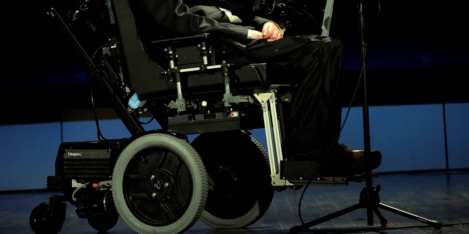April 13, 2018
Lack of effort by UK employers to retain staff is increasing talent turnover

UK employers are facing increasing levels of staff turnover with one in seven (14 percent), or roughly 4.5 million employees predicted to seek a new job in near future, according to research carried out by Robert Half UK. Employers have registered this shift with almost three in five (61 percent) reporting an increase in voluntary employee turnover in the last three years. The research also showed that over half (51 percent) expect employee turnover to increase in the next three years. Yet many businesses still fail to employ basic retention initiatives. Only half (47 percent) of organisations run training and development programmes to help build employees’ skills and support career development, while most don’t have any programmes in place to support employee wellbeing or reward performance. Organisations are also missing out on valuable insight from their departing employees, with more than four in five (83 percent) failing to undertake exit interviews.






 Following the deadline for organisations to publish their gender pay this week, it came as little surprise to find that almost
Following the deadline for organisations to publish their gender pay this week, it came as little surprise to find that almost 




 With
With 









 Employees who feel trusted by their employer to manage how and when they work for themselves can improve their levels of productivity, a new survey suggests. The research by Peldon Rose claims that UK workers rate feelings of trust and autonomy from employers and colleagues as increasingly important in keeping them productive and happy in the workplace. But the survey also shows that many employers are failing to provide employees with the resources and support they need to manage their workload and keep them motivated. Although the majority of staff (59 percent) say they work most productively in the office, a third (33 percent) wish they were more trusted to manage how and when they work and 42 percent say that their office does not support a culture that allows them to work flexibly. Despite the clear value that staff place on trust and autonomy, employers are overlooking an opportunity to create a confident and self-motivated workforce.
Employees who feel trusted by their employer to manage how and when they work for themselves can improve their levels of productivity, a new survey suggests. The research by Peldon Rose claims that UK workers rate feelings of trust and autonomy from employers and colleagues as increasingly important in keeping them productive and happy in the workplace. But the survey also shows that many employers are failing to provide employees with the resources and support they need to manage their workload and keep them motivated. Although the majority of staff (59 percent) say they work most productively in the office, a third (33 percent) wish they were more trusted to manage how and when they work and 42 percent say that their office does not support a culture that allows them to work flexibly. Despite the clear value that staff place on trust and autonomy, employers are overlooking an opportunity to create a confident and self-motivated workforce.








